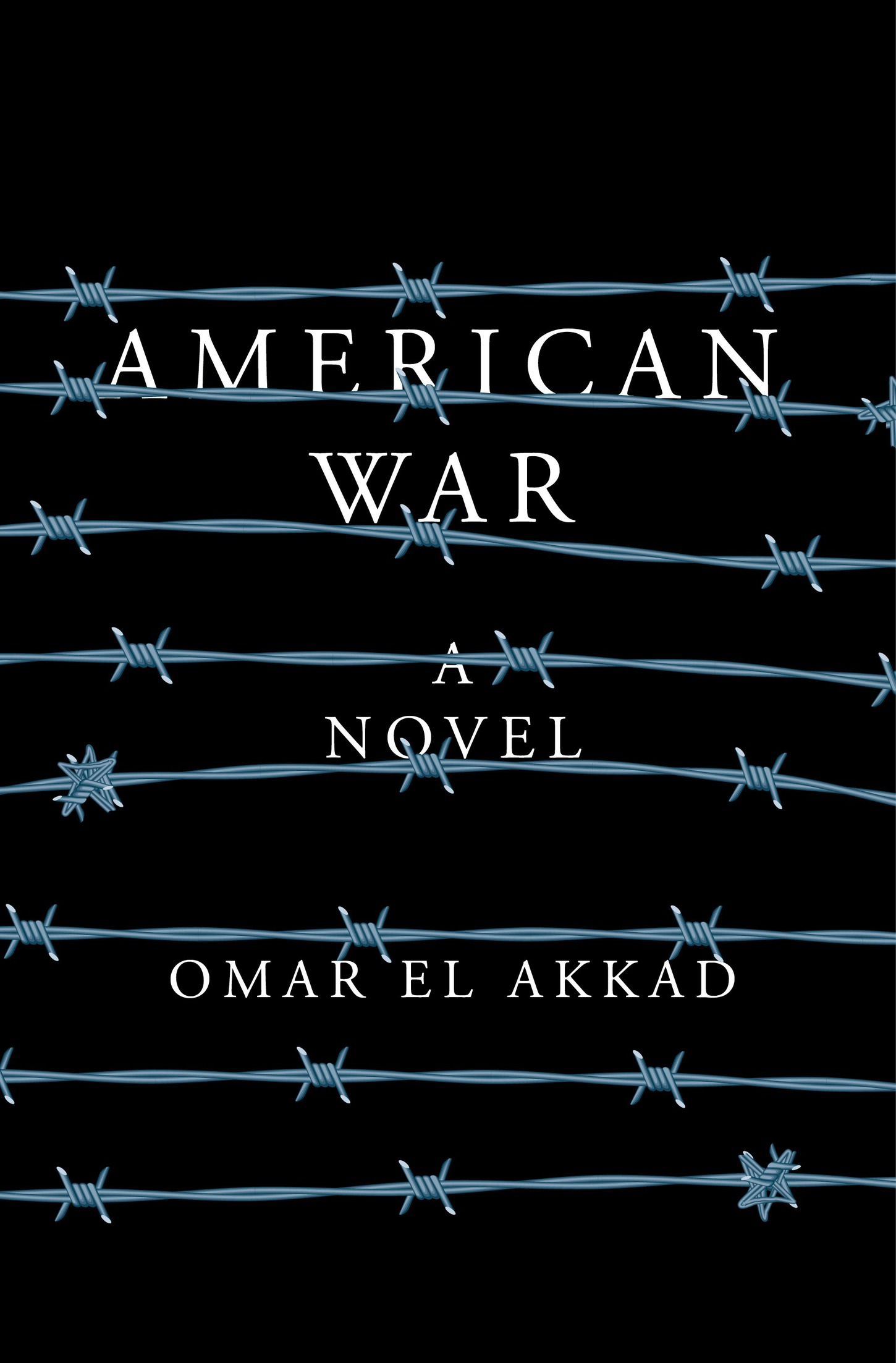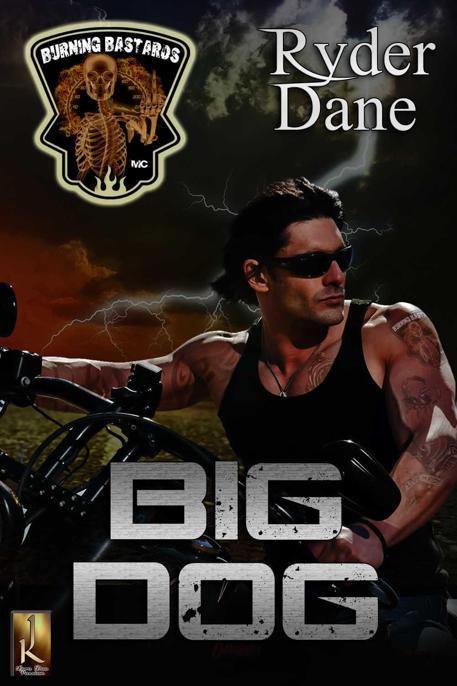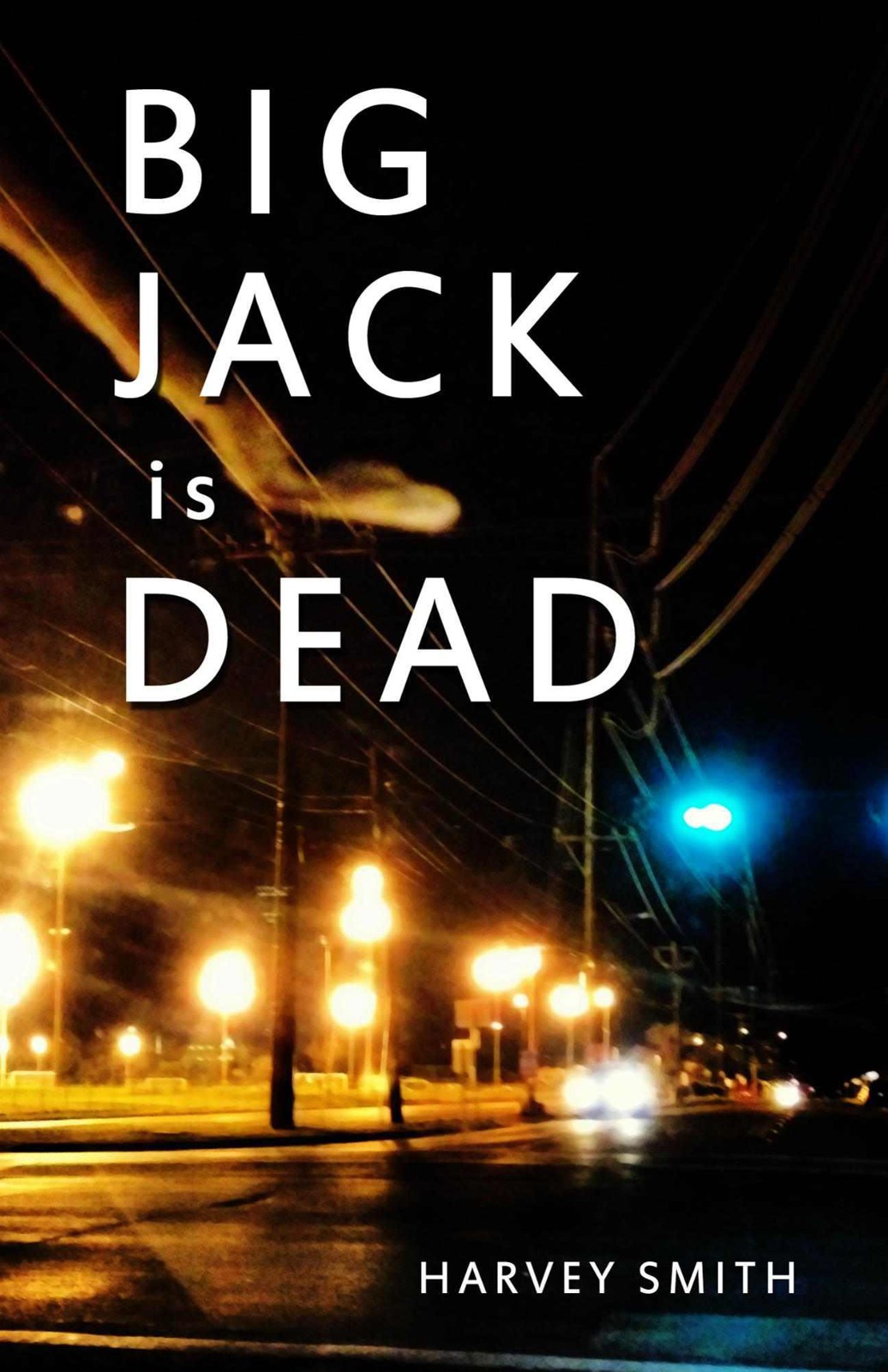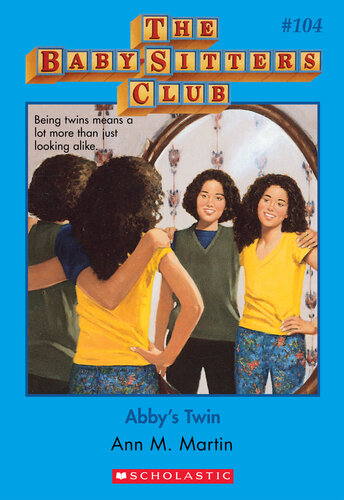oleebook.com
American War de Akkad, Omar El
de Akkad, Omar El - Género: English
Sinopsis
An audacious and powerful debut novel: a second American Civil War, a devastating plague, and one family caught deep in the middlea story that asks what might happen if America were to turn its most devastating policies and deadly weapons upon itself.
Sarat Chestnut, born in Louisiana, is only six when the Second American Civil War breaks out in 2074. But even she knows that oil is outlawed, that Louisiana is half underwater, that unmanned drones fill the sky. And when her father is killed and her family is forced into Camp Patience for displaced persons, she quickly begins to be shaped by her particular time and place until, finally, through the influence of a mysterious functionary, she is turned into a deadly instrument of war. Telling her story is her nephew, Benjamin Chestnut, born during warpart of the Miraculous Generationnow an old man confronting the dark secret of his past, his familys role in the conflict and, in particular, that of his...
Descargar
Descargar American War ePub GratisLibros Recomendados - Relacionados
Reseñas Varias sobre este libro
I struggled on this one between 3 and 4 stars. On one hand, it is action-packed and a pretty horrifying dystopian novel. On the other, my suspension of disbelief was severely challenged by the timeline and the realignment of world power (don't worry - no spoilers). The protagonist, Sarat is an interesting and tragic figure, but she was hard to have sympathy for at times. Some of her actions were predictable, not to say almost caricatural while her actions do seem realistically driven by her suffering.
The thing that bugged me about the book was the almost complete absence of black characters (other than the protagonist) and descriptions of racism. Sure, there is a lot about North (Blue) vs South (Red), but all the principle characters (soldiers, rebels, survivors) are white. No Hispanics or Blacks. I would also to have had more justification to how all the land from Texas to California gets swallowed by Mexico, particularly if the cartel was not at the bottom of it.
One thing I did enjoy and appreciate in this book was the implicit warning about the coming environmental crises on both coasts of the US. Some of the other catastrophes were as horrifying even if they begged - as I mentioned before - quite a lot of suspension of disbelief.
The wartime writing was good and it is primarily action and circumstance that drives this novel. I will be curious to see where the author goes next with his quite vivid and emboldened imagination. I guess this is kind of a zombie-less The Walking Dead mashed up with The Man in the High Castle in a way. In any case, a quick read and interesting, thought-provoking story.american-21st-c dystopian fiction ...more290 s Jilly1,838 6,359
ETA: Hey, are you someone who is considering writing some dissertation on why my review is wrong and I'm stupid? Do you feel that you are the one that needs to correct my path, or even just punish me for having the nerve to write this review?
Well, guess what? There is a solution for your problem. It's called "Write your own damn review"!! That's right. You have the power to write your own opinions in your own review.
But, then how will everyone know that you think I'm wrong?
Guess what again? People can make their own informed decisions by reading a variety of opinions that differ on a subject. Or, they may even decide to read the book themselves and write their own, unique, review.
It's crazy stuff, but try it.
But, if you're so angry that you need to get on here and call me names and shit, feel free. Just know that I'm not going to argue with you at all. You will simply be deleted and blocked and nobody will see what you spent all that time and thought writing. So, maybe save yourself the trouble.
Oh, and....
My unique review:
My reasons for disliking this book are complicated. My main feelings about it is that it's a hacky piece of work that is trying very hard to be politically profound, but failing in execution.
First, let's talk about why it fails (in my eyes) as a dystopian novel. And, no, I don't mean its lack of a teenager falling in love with a rebel boy or the fact that they don't seem to all be dressed as emo soldiers (although there are plenty of soldiers).
See? This is how it's done.
There are two ways to go about building a good dystopia:
1. Make it so far-fetched that it is fantasy and therefore the reader is not comparing it to reality.
or
2. Make it close to reality with an event that changes it enough to be dystopia, regardless of whether the event itself is realistic.
Another essential element.
This book is trying to be modeled by the second option, but falls short in enough ways to suspend believability and make the reader question the timeline and events in the context of what we know to be true.
Aww, now this is more it. Totally believable.
The event that is supposed to be the break from our timeline is a second Civil War in America. The problem was that the book pretty much just recycled the real Civil War and changed a few things, fossil fuel for slavery. If this war was meant to be in any way believable, we would have to agree that our country learned nothing the first time and were willing to do the exact same thing a couple hundred years later. And yes, fossil fuel usage is a pretty Southern thing, but in this world the polar ice caps have melted and many cities are underwater. I think at that point people would probably give up the idea of global warming not being true.
Why couldn't the Titanic sink in Carribbean instead? Or have Rose scoot over a bit? They done Leo wrong, man!
Next, let's talk about why it fails as a political commentary.
In this reality, the Arab nations and Africa all unite to become a super-country that is the bestest most prosperous and stablest place on Earth. Now, I'm not going to say anything crazy "this could never happen", but let's face it, this book isn't set far enough in the future to resolve every problem in the Middle East and Africa - which are very different problems by the way.
Don't forget Africa while you are at it, Bob. Thanks!
Not only this, but in so many other ways, the book was eye-rolling in its desire to pander to an audience who would be super excited about the idea that America will suffer and fall. And, not just us, folks. You over there in the European area - your people are desperately trying to cross the borders into the safe sweet arms of the Middle East as well. We all want a piece of that pie.
Maybe we can make a trade...
There is such thinly veiled hate for America in this book that it's hidden about as well as an Easter Egg at the blind-kid school.
Sometimes things are obvious.
During this second Civil War, we are living off the generosity of China's aid in the form of food and blankets, we are displaced from our homes and put into refugee camps, we are being turned into suicide bombers with the financial aid of Egypt, and we even have our own little Guantanamo where our Southern Belles are being tortured (yes, waterboarding happens).
Southern girls have already been tortured by Southern mamas all their lives. Haven't they suffered enough?
Is someone pissed at us?
Has someone been having little "Death to America" dreams that they needed to get down on paper?
Get in line.because-fuck-you dystopia228 s Diane S ?4,817 14.3k
A second civil war, a war over fossil fuel banned in the North but in the Southern states they still have plenty of resources and once again do not want to be dictated by those in the government. Georgia, Alabama and Mississippi, South Carolina secede from the Union. It is the late 2000's, climate change has already changed the map, coastal cities wiped out, west and South, Louisianan lowlands gone, a plague is released resulting in South Carolina being quarantined, walled in, residents not allowed to leave, sick city.
A very scary scenario, the North without mercy, the South breaking off into splinter groups, all willing to die for the glory of the South. A father is killed and a mother in desperation takes her small family, son and two twin daughters, Dana and Sarat and is allowed to move to a relocation camp. Here a devastating act of revenge will be unleashed changing this family without measure.
This is an intense look at war and the damage it causes in individual lives. Sarat is our unly protagonist, and whether you her character, approve of what she does or does not do, the author does a fantastic job enlightening the reader in just how she was formed, how she felt and why she acted as she did. It highlights the way the manipulators seek their victims and use them for their own motives. Using this one family and those who come into contact with them, following some in their long journey from beginning to end, I found incredibly impactful. The writing is excellent and the characters are impressive. This book was so vividly portrayed that it engaged all my emotions, how absolutely horrific were the situations in which they found themselves. The last lines of this book so incredibly poignant.
Could this happen here again? Well they say never say never. I to think not but it is being experienced daily in many countries. Syria for instance, with new staggering death tolls due to a chemical attack. So at the very least this book can serve as a warning and in some instances absolute reality.
ARC from Knopf publishing.164 s Holly1,051 260
I didn't understand the point of this. Something huge is missing in this novel. There is a hole in the center. Omar El Akkad tells a story of a new American Civil War taking place around the year 2075. To paint this setting he borrows heavily from the American Civil War of 1862-1865 and he replicates and augments the Old South's long-abiding sense of injustice - the Lost Cause and lost way of life, loyalty to family and one's people before all else, "real" Southern values, etc. But we know what that is all a code for: SLAVERY (rich southern whites' fight to keep the institution of slavery).
This novel redraws every tired cliché of the Old South, but omits the institution of slavery, and leaves this story of war without a believable reason for the war. It's hollow, it's a shallow reflection, a pastiche. Now, one could say that the cause doesn't matter because El Akkad really wanted to explore the effects of civil war or why people continue to fight when the cause is lost. But that doesn't satisfy me, because the underlying reasons matter.
For what it's worth, the barely-mentioned and unexplained cause of the animosities is the use of fossil fuels (the South wants to keep using them; the rest of the country/world want to move on). But how does one region continue the fuel-guzzling way of life in the global economy? - Oh, yes, there is a parallel to slavery, one thinks! But it still didn't make sense to me, because there is no demagogue to exploit the South's violence, no religious motivation to undergird it, and since this is apparently a color-blind society in which race is not noticed, no class and race divisions within the South to be protected. They just hate the North. So the actual justification for this civil war isn't devotion to gasoline-fueled vehicles, it's vengeance. That's what he really writes about.
The main character is an African-American/Latina tomboy girl who grows up to be a shattered, hate-filled, violent 6 foot, 5 inch lesbian who usually displays prejudice, ignorance, and provincial close-mindedness. (What is the explanation for her gigantism or her sexuality? I have cynical suspicions.) Sarat's speech veers from the demotic and colloquial ("I ain't done nothin") to the grammatically-correct and near eloquent (eloquent hate and venom, that is).
A few examples of the rhetoric:
-- You must understand that in this part of the world, right and wrong ain't about who wins, or who kills who. In this part of the world, right and wrong ain't even about right and wrong. It's about what you do for your own. (Tribal mentality)
-- [for Sarat]: . . . the calculus was simple: the enemy had violated her people, and for that she would violate the enemy. There could be no other way, she knew it.
-- Gaines (the recruiter who exploits Sarat and makes her a terrorist) explaining his philosophy of vengeance against the North and loyalty to the South: I sided with the Red because when a Southern tells you what they're fighting for - be it tradition, pride, or just mule-headed stubbornness - you can agree or disagree, but you can't call it a lie. When a Northern tells you what they're fighting for, they'll use words democracy and freedom and equality and the whole time both you and they know that the meaning of those words changes by the day, changes the weather. I'd had enough of all that. You pick up a gun and fight for something, you best never change your mind. Right or wrong, you own your cause and you never, ever change your mind.
-- And: If you knew for a fact we were wrong, would it be enough to turn you against our people? "No." Gaines smiled. "Good girl," he said.
I just never saw this novel let go of this rhetoric or go beyond this level of reasoning. There was no redemption, no learning, no big shifts. (And I don't think that a couple things Sarat did near the end were actually compassionate. She didn't spare her victims. She just delayed their miserable deaths a month or two until she could infect everyone North and South with the plague.
It was so blatantly cinematic and screenplay-adaptation-ready that I assume the movie rights have been/will be optioned. A lot would depend on what kind of film a director/writer wants to make. A good screenplay could overlay some political meaning that the novel was missing, and create something subversive and thought provoking. (Not that I will want to see it). But if they want to make a broadly popular film, then Sarat Chestnut will need to be made more appealing to the masses. She's no Katniss Everdeen.
Lastly, with regard to the prose and the sentences, I didn't find anything special. The author seemed to use every stereotype of the South he could find - flora, fauna, heat, water, smells, dialect and attitudes. The pacing was okay, but the many "set-pieces" were cynical and nasty: to-the-death cage fighting as mass spectator sport, scenes of torture in a women's prison. . . . and the Southern sets (mise-en-scène) that almost reminded me of Westworld. And no exploration of how the US of 2017 - divided as we are, becomes the US of 2075. Very little history, I mean. If you discount all the historical set-pieces transplanted sixty years into the future.2017-reads137 s Danielle937 529
The premise of this book sounded depressing, yet promising.
Autor del comentario:
=================================












